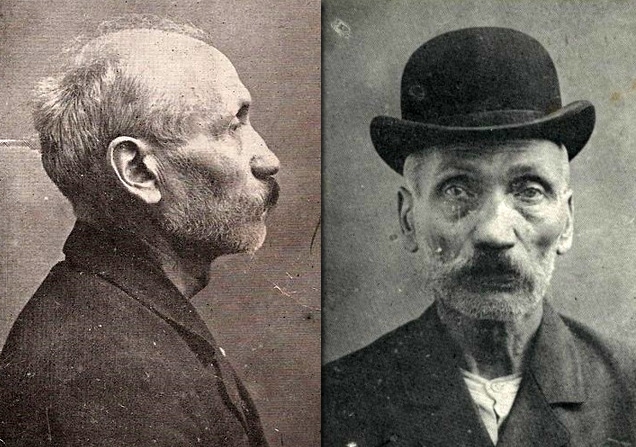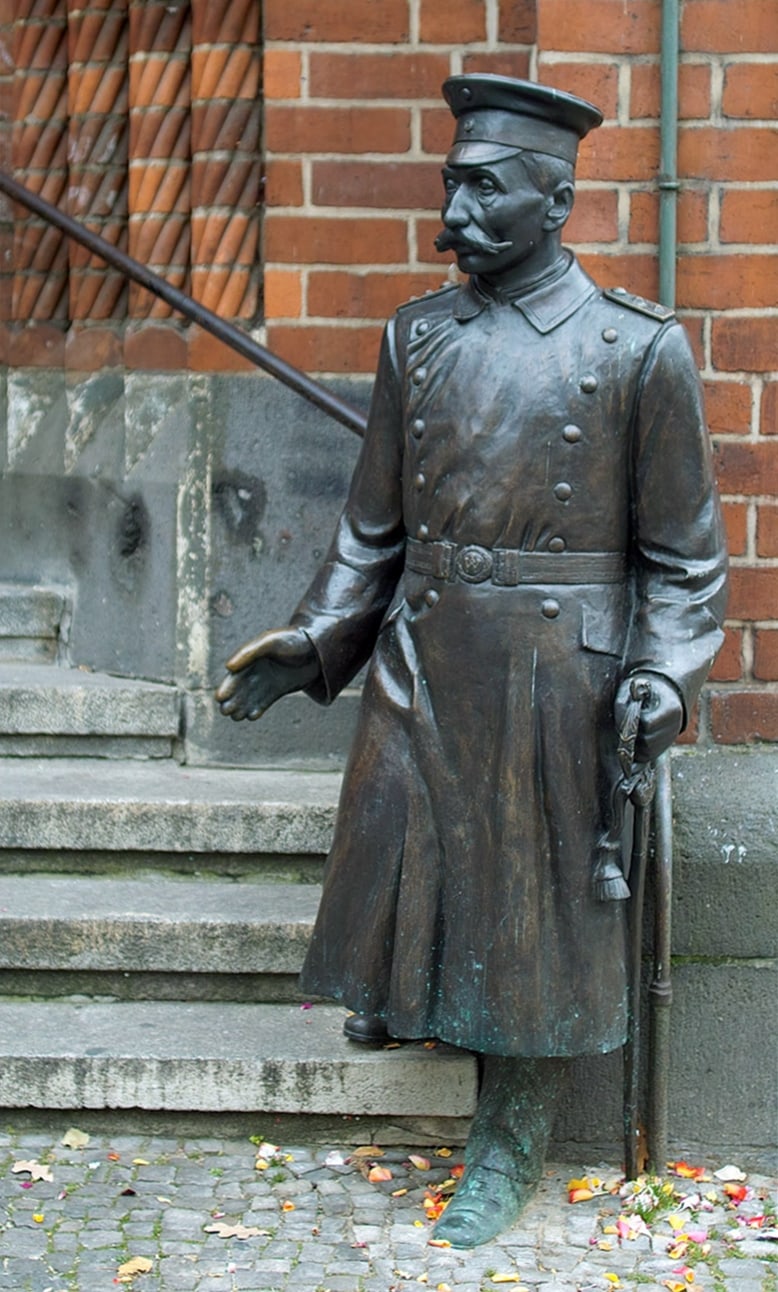
ADVERTISEMENT - CONTINUE READING BELOW
28. Blind Obedience to Authority Left These Officials Vulnerable to Deceit
Wilhelm Voigt bought the components of an army captain’s uniform from second-hand stores, and researched the movement of small squads of soldiers in the Berlin region. Then on the afternoon of October 16th, 1906, he sprang into action. Dressed as a captain, he stopped two squads of soldiers, ten men in all, near a railway station, and ordered them to follow him. He took them to Kopenick’s town hall, and there, barking commands and claiming to be acting on orders of “the highest authority“, he used the soldiers to commandeer the place. Voigt arrested the mayor and other officials, and ordered the town treasurer to hand over all the cash in the town’s coffers – about 4000 marks. He then sent the “arrested” officials to a Berlin police station for interrogation in a car guarded by his soldiers.

ADVERTISEMENT - CONTINUE READING BELOW
He ordered the remaining soldiers to guard the place, then left with the cash, changed into civilian clothes, and disappeared. Unfortunately for Voigt, he did not enjoy his loot for long. Betrayed by the jailbird to whom he had mused about using soldiers, he was arrested, tried, convicted, and sentenced to four years. The public was amused by the brazen deceit, and Kaiser Wilhelm II eventually pardoned Voigt in 1908. Upon his release, Voigt capitalized on his popularity and appeared in a play about his caper, wrote a book, signed photos, and made appearances in amusement parks, variety shows, and restaurants. He eventually moved to Luxemburg, where he worked as a shoemaker and waiter, and was supported by a pension from a wealthy heiress. He bought a house and retired, by was financially ruined by the post-WWI economic downturn. He died and was buried in Luxemburg in 1922.

